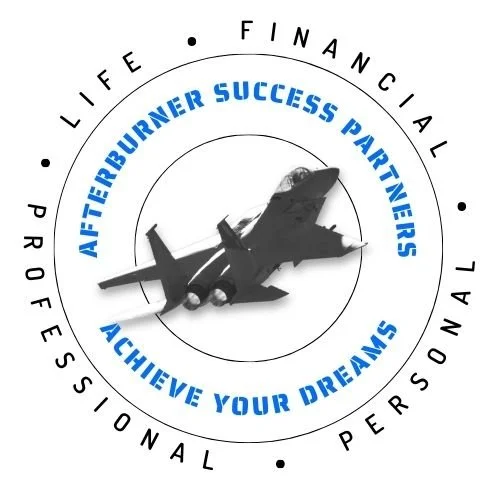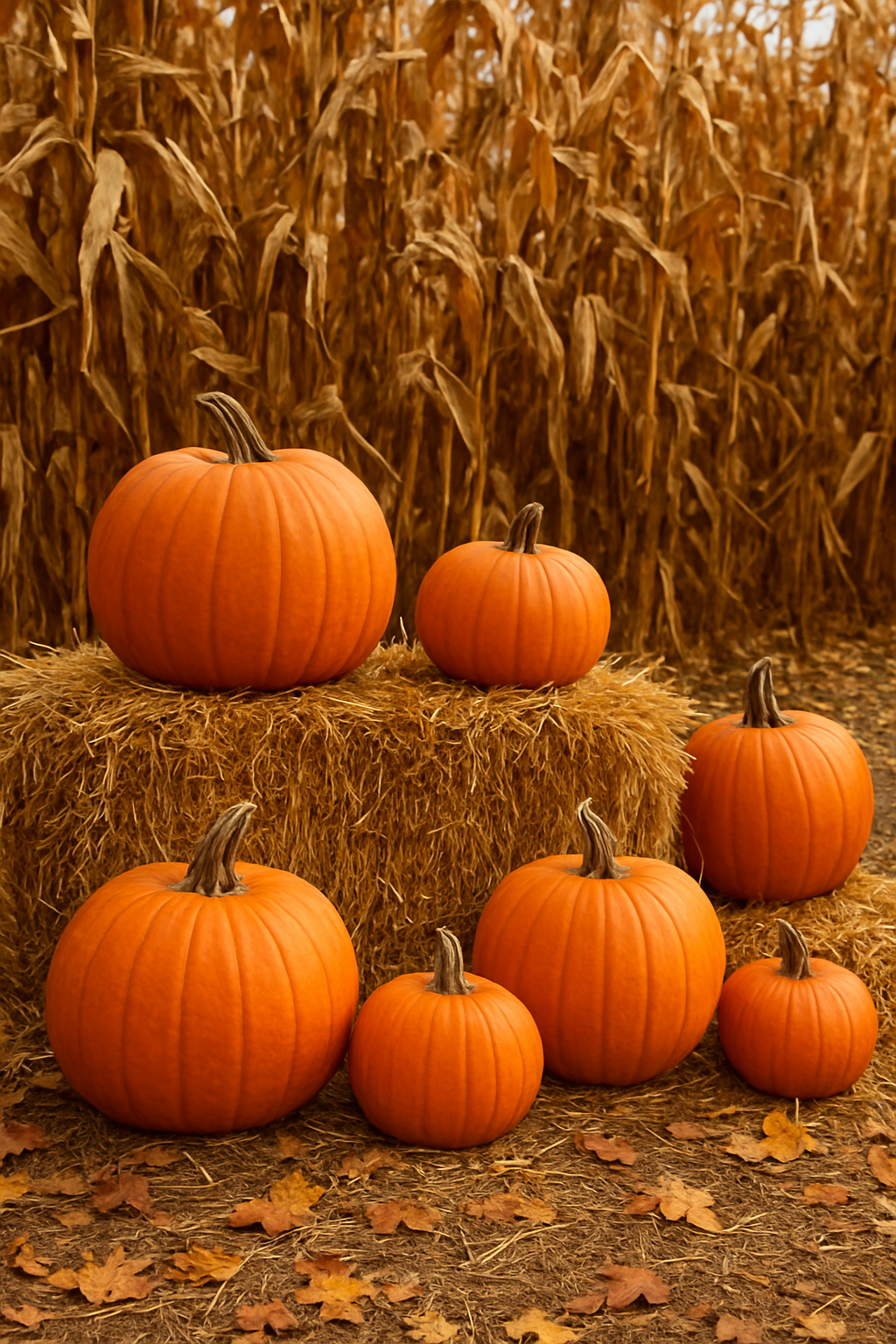The October Theory
The October Theory: A second New Year. A second chance.
An off schedule post
This is an off-schedule post. That means something different or interesting is going on that warrants paying attention to. So, my friends, read on to find out more!
I had never heard of The October Theory, but boy, I do like it!
Well, Fall is here, and change is in the air. Of course, I’m talking about the cooler weather, the leaves changing and falling, overseeding my yard with fall-season grass, watching football, grape harvest and wine making, a crackling fire in the fireplace (indoor or outdoor), and cooking wonderful cool-season recipes. Yes, all of this is true, and you can probably think of a few other things that happen when October arrives every year. Like The October Theory! Wait! What? You’ve never heard of The October Theory?
Well, that’s really no surprise because it’s kinda new, seemingly getting its start on TikTok in 2024. Yes, I know, you only watch TikTok for entertainment and not for knowledge about new things, right? Learning about it has been an interesting study, and I think we all can use it to our benefit.
Characteristics of The October Theory
Depending upon what you read and who you follow, there are a few different aspects of The October Theory. Some piqued my interest for just a short moment. A very short moment. Others I really do like, but all of them revolve around the concept that October is a good month to make needed life changes. Let’s explore a little more, shall we?
Because The October Theory supposedly originated on social media, you will not be surprised to learn that one of the original uses for The October Theory is that it marks the beginning of the “cuffing season.” If you have not heard about the cuffing season (I mean, really? EVERYONE has…), it refers to single people looking for short-term partners for companionship beginning with the holiday months and extending until Valentine’s Day in early February. Cuffing basically refers to being handcuffed or tied down for a period of time. It first appeared in the Urban Dictionary in 2011 and was popularized in 2013 by the hip hop song “Cuffin’ Season” by Fabolous. I’d provide the link for you to listen to it, but I’m afraid the theme and language are not something I can endorse…Characteristics of the cuffing season include being seasonal or temporary in nature, having someone to cuddle with, and avoiding loneliness. The rise in popularity of dating apps and Tinder, contributed to this phenomenon (Note 1).
October is a time to perform a self-assessment on your life (Note 2). Because the end of the year is approaching, some people can become anxious, hopefully in a good way, with a sense of urgency, as they assess their accomplishments for the present year. There is even a name for this anxiousness: Eustress. Eustress is defined as a positive form of stress having a beneficial effect on health, motivation, performance, and emotional well-being (Note 3). This type of stress is considered positive in that it motivates us to perform at a higher level than we typically might. The logical conclusion is that we should review our yearly goals and assess our progress toward completing them. But wait! There’s more…
Let me detour a moment to discuss this issue of stress in the workplace for a moment. There is a theory going around, and I certainly believe it and have used it during my working career. That theory suggests that you should be a little bit paranoid (or stressed) about losing your job. Why is that? Well, if you are concerned about losing your job, you will typically perform at a higher level than you would if you were not worried about what could happen to you. You would have less sense of urgency to get things done, or assure timelines were met, or the quality of your output was of the highest level. I once worked for a Vice President who said we all should have “competitive anger.” What this essentially means is that there should be a fear of frustration or hostility arising from being threatened by business rivals. In turn, this is thought to lead to behaviors such as aggressive market tactics and a desire to outdo others. While I was typically a bit paranoid, which caused me to work hard and perform at a high level (above what my Type A personality would cause me to do anyway), I never really bought into the concept of competitive anger, although I do understand the point he was trying to make. To me, there was enough to be angry (and stressed!) about than to carry that around with me all day.
The October Theory does not end on October 31st, but continues until the end of the year. As we transition into November, we should take the reflections we had in October and translate them into written goals for the coming new year. These goals should be (and this is the part I like!) SMART Goals! I discuss SMART goals extensively in my book and course. Smart goals are: Specific, Measurable, Achievable, Relevant, and Time-bound. We should all have SMART goals that drive our actions to improve our own and others’ lives.
As December arrives, The October Theory suggests that we should then turn our newly developed goals into habits (another concept I like and talk about in the course and in my book), thereby putting ourselves into a state of flow. A flow state is a psychological state of mind that is at the intersection of being optimally challenged and fully absorbed in our activities, such that we achieve a sense of effortless action and deep enjoyment. In the course and book, I speak of flow, but not in the same terms. Like SMART goals, I consider flow to be something very important in our lives. The terms I use are peace of mind, balance, and contentment. Yes indeed, this is where I want to be!
Dealing with change. Just like Summer transitions to Fall, October is a season of change, whether we like it or not. Think of what some people call the two types of people in the world, essentially: Those who deal with change effectively and those who fear it (Note 4). Change is inevitable, so it’s best to deal with it in the most effective manner possible. Ponder this thought for a moment in your own life. Do you like change? Do you handle it well? Why or why not?
Other October events
While not part of The October Theory, there is another phenomenon known as the October Effect, and it typically refers to catastrophic stock market events that have occurred in October (Note 6). Indeed, if you, like me, follow Warren Buffett, one of the wealthiest men in the world, you will find that he is also worried in October of 2025. (Note 7).
While not strictly a monthly occurrence, October is associated with many notable events. Click on the link in Note 8 to see them. This is quite interesting.
Summary
So there you have it, The October Theory. I guess, depending upon your perspective, you may or may not like it. As a goal-driven person, I like it as it keeps our focus on getting important things done (remember an earlier post entitled Getting Things Done, GTG?). And what I really like about it is that, should we use The October Theory, or rather parts of it, as designed, it prepares us in advance to storm into the new year ahead of the game. And ahead of our competitors. It’s another review opportunity, a chance to assess our efforts and make needed changes. Now, frankly, if you adhere to my advice of having twice a year or quarterly goal reviews, you will take care of the concepts of The October Theory as a matter of practice and not have to worry about a new term or additional actions. What The October Theory adds, should you need it, are the extra steps of November reflection and December habit forming.
It’s simple, really. It’s another tool to help us do…What? Achieve our dreams and live our best lives!
That’s all for this week!
The October Theory
Afterburner Success Partners
What’s in it for Me
It’s easier and more efficient to learn from those successful people who came before us. If we are continually learning, we occasionally pick up new information that can help us, like The October Theory.
Call to Action
Take the Afterburner Success Partners course or purchase the book Achieving Your Dreams: A Complete Guide to Live Your Best Life by David Giustozzi (Note 5).
Recommended Resources
Buy and read the book Achieving Your Dreams: A Complete Guide to Live Your Best Life by David Giustozzi, due out by September 30, 2025 (Note 5)
Up Next
Back to regular posting schedule.
Notes
Please note that as an Amazon Affiliate, I may earn a small commission on the sale of any of these recommended resources.
Cuffing Season, Wikipedia: https://en.wikipedia.org/wiki/Cuffing_season
How To Change Your Life With ‘October Theory’-By A Psychologist, Forbes Magazine, October 25, 2024: https://www.forbes.com/sites/traversmark/2024/10/22/how-to-change-your-life-with-october-theory-by-a-psychologist/
Eustress, Merriam-Webster: https://www.merriam-webster.com/dictionary/eustress
October Theory: Don’t let change spook you, Baylor Lariat: https://baylorlariat.com/2024/10/15/october-theory-dont-let-change-spook-you/
Achieve Your Dreams: A Complete Guide to Live Your Best Life by David Giustozzi: https://amzn.to/3IxEFgy
October: The Month of Market Crashes?, Investopedia, February 16, 2025: https://www.investopedia.com/articles/financial-theory/09/october-effect.asp
The Warren Buffett Indicator has surged above 200%, meaning the market’s price is far ahead of the economy’s size, Yahoo! Finance: https://finance.yahoo.com/news/warren-buffett-indicator-surged-above-205215605.html?guccounter=1&guce_referrer=aHR0cHM6Ly93d3cuZ29vZ2xlLmNvbS8&guce_referrer_sig=AQAAANdbWWvKM2De9VxwOVSJ6bq4EAs2Evudk7fB4qJyf7aaxHxn_hU-oP44_c0mG6Oy7Q_YnoqFqYvJAjXhF0GGdnPqkl91CXUkb3t5_z-rbX3Doka0fQJpJJRkOQ6DXP7efN5CdS2lFz0vAB-PeyjAZ2TWD1FGnyvz_JNGebp5yg49
A Complete List of October Holidays and Observances for 2025: Today.com: https://www.today.com/life/holidays/october-holidays-and-observances-rcna33576

